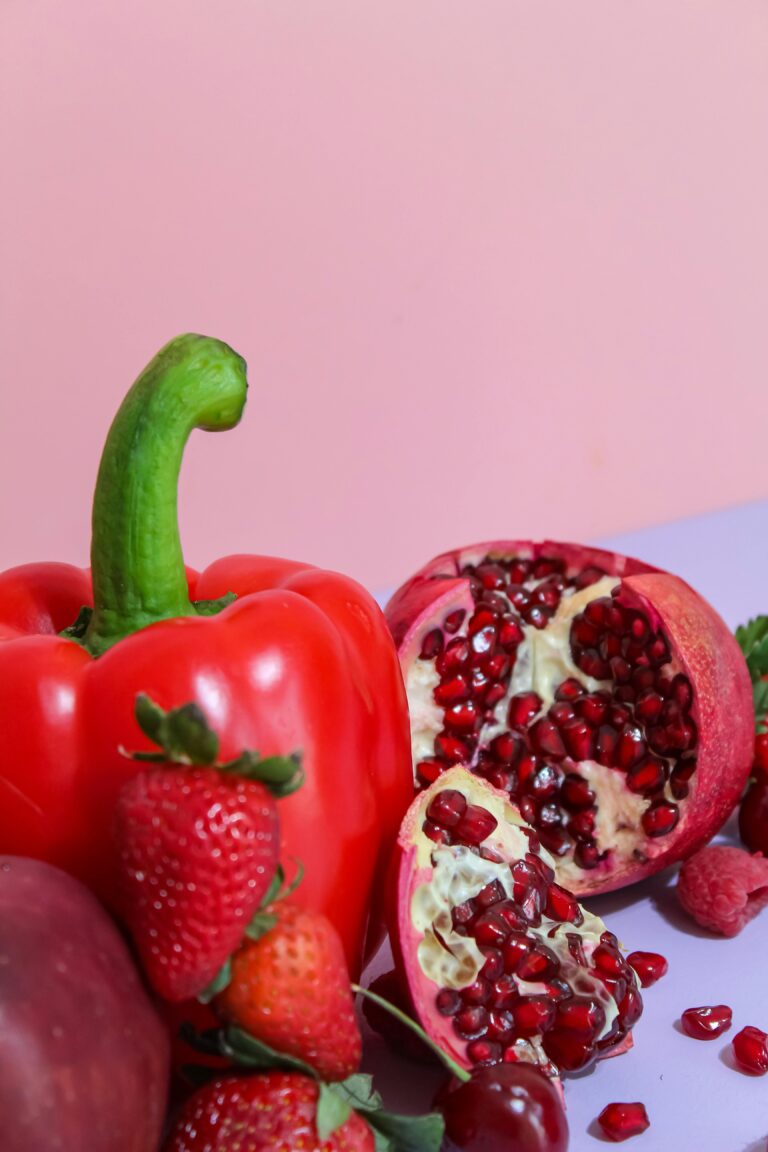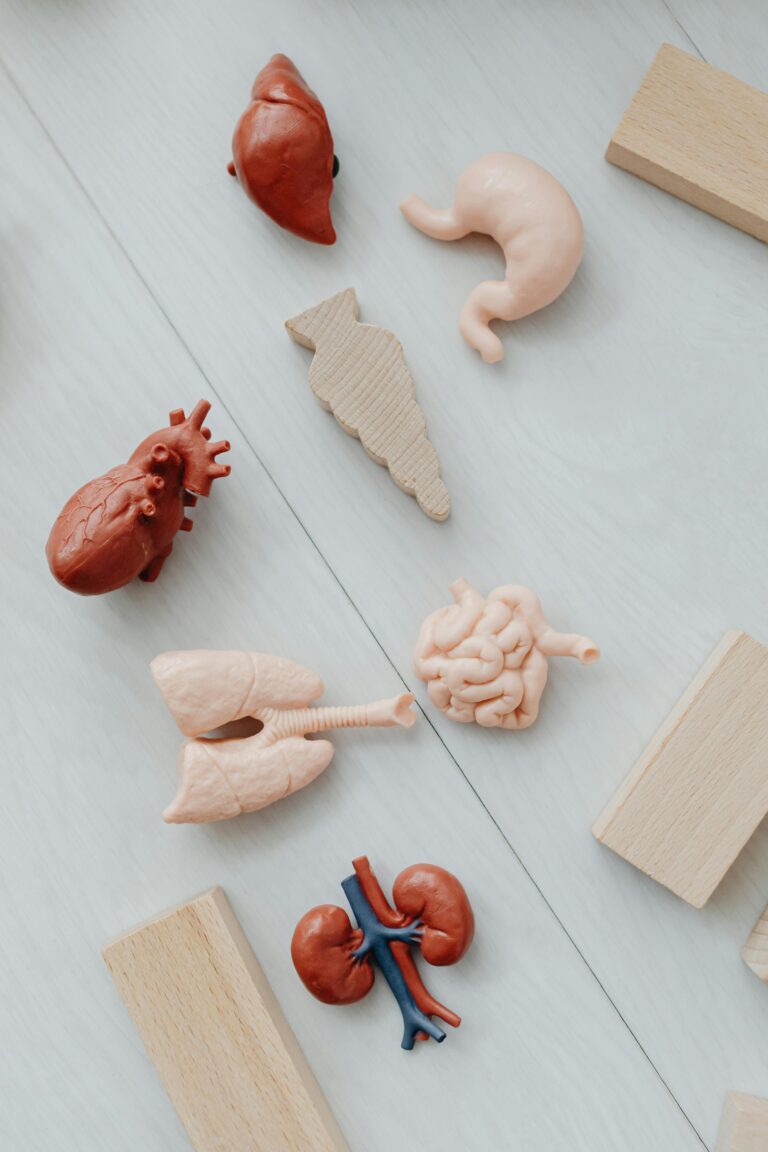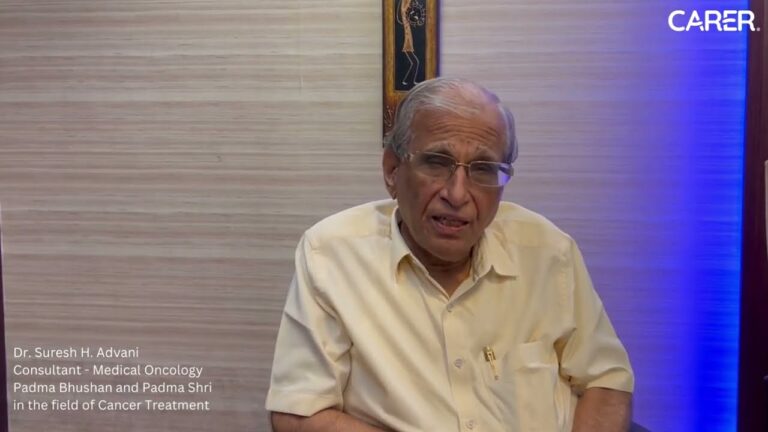Fighting Cancer with Nutrition

nutrition for cancer patients
Cancer is a tough battle, but did you know that the food you eat can be a powerful weapon in this fight? Nutrition plays a key role in helping cancer patients feel better, stay strong, and recover faster. While treatments like chemotherapy and radiation target cancer cells, a healthy diet supports the body, boosts the immune system, and helps manage side effects. Let’s explore how nutrition can make a difference in the fight against cancer.
Research shows that a diet rich in vegetables, fruits, whole grains, and legumes can help prevent certain types of cancer and support the body during treatment. These foods are packed with vitamins, minerals, and antioxidants that protect cells, reduce inflammation, and strengthen the immune system. On the other hand, processed meats and excessive red meat can increase cancer risk, so it’s best to limit these.
For cancer patients, eating well becomes even more important. Treatments can cause side effects like nausea, fatigue, and loss of appetite, making it hard to get the nutrients the body needs. A balanced diet tailored to the patient’s needs can help manage these challenges and improve overall well-being.
Key Nutrients for Cancer Patients
- Protein: Protein is essential for repairing tissues and maintaining muscle strength, especially during treatment. Foods like eggs, lentils, lean meats, and dairy products are excellent sources of protein.
- Calories: Cancer treatments can increase the body’s energy needs. High-calorie foods like nuts, seeds, and healthy oils can help patients maintain their weight and energy levels.
- Antioxidants: Found in fruits and vegetables, antioxidants help protect cells from damage and support the immune system. Brightly colored foods like berries, carrots, and spinach are great choices.
- Hydration: Staying hydrated is crucial, especially if treatments cause vomiting or diarrhea. Water, fresh juices, and soups can help keep the body hydrated and functioning well.
Managing Side Effects with Nutrition
Cancer treatments often come with side effects that can make eating difficult. Here how to manage common issues:
- Nausea: Eat small, frequent meals and avoid strong-smelling foods. Ginger tea or crackers can help settle the stomach.
- Mouth Sores: Choose soft, bland foods like yogurt, mashed potatoes, or smoothies. Avoid spicy or acidic foods that can irritate the mouth.
- Fatigue: Focus on nutrient-dense foods that provide energy, like nuts, whole grains, and lean proteins.
Every cancer patient’s nutritional needs are different. Factors like the type of cancer, stage of treatment, and individual preferences must be considered. Consulting a nutritionist or dietitian can help create a personalised diet plan that meets the patient’s specific needs.
Fighting cancer is not just about treatments—it’s about supporting the body with the right nutrition. A healthy diet can improve energy levels, manage side effects, and boost the immune system, making it easier for patients to cope with the challenges of cancer. By eating well, staying hydrated, and getting enough sleep, patients can feel stronger and more resilient. Remember, good nutrition is not just a part of treatment—it’s a powerful tool for healing and recovery.









